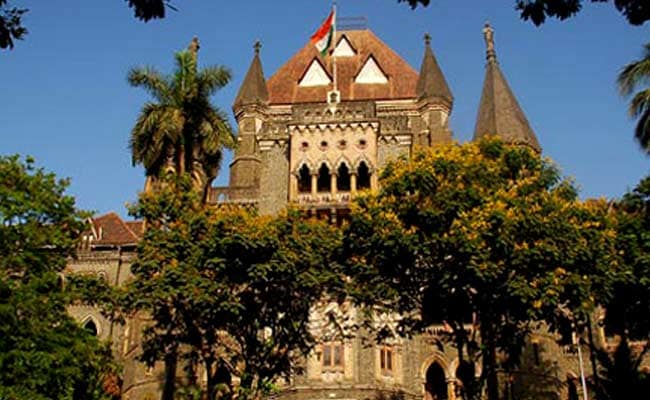
Two judgments passed by the Bombay High Court in the span of a week have led to outrage with legal experts questioning the judge's narrow interpretation of the term "sexual assault" in both cases.
One of the judgments was stayed by the Supreme Court on Wednesday.
A former chief justice of the high court called both the rulings "perverse", while another retired judge expressed apprehension that they may set wrong legal precedents.
In a ruling passed on January 19, Justice Pushpa Ganediwala of the Nagpur bench held that there must be skin-to-skin contact with sexual intent for an act to be considered a sexual assault under the Protection of Children from Sexual Offences Act (POCSOA).
Four days earlier, the same judge had also held that a man holding the hands of a five-year-old girl and unzipping his own pants did not amount to sexual assault.
In the judgment of January 15, Justice Ganediwala set aside the conviction of Libnus Kujur (50) for aggravated sexual assault on a five-year-old girl, but upheld his conviction for outraging the modesty of a woman/girl under the Indian Penal Code.
Holding hands of a minor girl and unzipping his own pants did not fall under the ambit of sexual assault as defined under the POCSOA, the court said. Kujur's five-year sentence was reduced to five months which he had undergone already, and the high court ordered him to be set free.
In the second judgment on January 19, Justice Ganediwala acquitted a 39-year-old man who was booked for groping a 12-year-old girl, noting that there was no "skin-to-skin contact with sexual intent".
In a scathing criticism, Pradeep Nandrajog, a former Chief Justice of the Bombay High Court, said both the judgments were "flawed and perverse".
"What needs to be seen importantly by the courts in such cases is the intention of the accused. Any inappropriate touch or gesture done with a sexual intent falls under the provisions of the POCSO Act," he said.
Whether it is a skin-to-skin touch or holding hands or unzipping pants is immaterial when the intention is to commit sexually assault, the retired judge said.
"It is more troubling that the judgments have come from a lady judge. We appoint women judges, officers and staff in the lower courts to preside over cases under this Act as they would be in a better position to understand and interact with the victim girls," Justice Nandrajog said.
Justice Abhay Thipsay, another retired Bombay High Court judge, also termed the rulings as flawed.
"If the judge has arrived at a particular conclusion in both the judgments then the same should have had strong reasoning," he said.
The two judgments could have wide implication in future cases, Thipsay told PTI.
"What if in a case, the accused person is wearing gloves, then he can use this judgment to say that there was no skin-to-skin touch and hence no sexual assault," he said.
Renowned special prosecutor Ujjwal Nikam said the intention of the legislature in enacting POCSOA was to protect minor girls by providing for deterrent sentences.
"Therefore, the conduct and intention of the accused should be looked into and one should not go into technicalities....these technicalities cannot defeat the very purpose of the law," Nikam said.
Women's rights lawyer Flavia Agnes said the judgments did not interpret the provisions of POCSOA correctly.
"POCSOA cases must be dealt with in a sensitive manner. The Act talks of sexual assault in cases where there is penetration and also where there is no penetration," she told PTI.
In the case where the 39-year-old man was acquitted for lack of skin-to-skin contact, he had the intent to commit sexual assault, so how could the court set aside his conviction, Agnes said.
The Supreme Court on Wednesday stayed the January 19 judgment after Attorney General K K Venugopal mentioned it.
The top court also permitted Venugopal to file an appeal against the judgment.
(Except for the headline, this story has not been edited by NDTV staff and is published from a syndicated feed.)
Track Latest News Live on NDTV.com and get news updates from India and around the world

